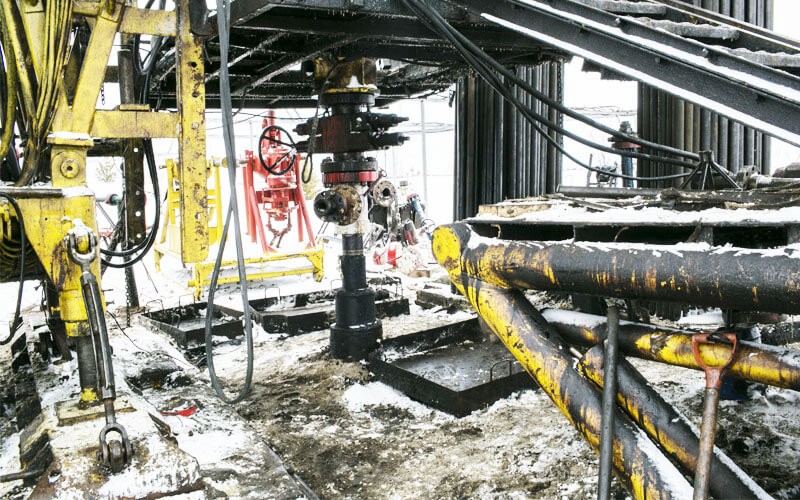
We are heading into a multi-year “up cycle” for oil and gas after the longest period of underinvestment in the history of the industry. Instead of putting money back into equipment, stakeholders have wanted to see quicker returns on their investments. Those business objectives coincided with political and social forces moving toward “green” technology, electrification and higher fuel efficiency standards.
Now, in addition to those “normal” factors we have the impacts of ongoing global supply chain disruptions, China tariffs, runaway inflation, war in Ukraine, sanctions against Russia and more tension around global energy supplies in general.
A Critical Moment
This is a critical time for manufacturers in the oil and gas space. The new cycle begins as higher demand for components across the board means long lead times and, in some categories, short supplies of the components used in oil and gas exploration.
As buyers compare the standard prices for components in their systems with the impact of several rounds of price increases, they are likely facing PPV issues. A distributor with specialized knowledge of this industry can deliver new approaches to dealing with those challenges.
First of all, a distributor can help you make strategic buys. Focusing on short-term component needs may not be the best way to deal with longer lead times, inflation and looming price increases. A distributor can provide guidance to help you make the right investments now.
Historically, extreme temperature and reliability requirements for components led manufacturers to rely on mil-spec parts that were highly tested and proven, and readily available to purchase at volume. The miniaturization trend has impacted component availability, while higher demand for space-grade and mil-spec parts is also affecting supply. While automotive-grade parts are similarly well-tested and rated for harsh environments, they are also in high demand.
Benefits of Process Improvement
A distributor partner with foresight in the market can help you navigate product changes and find new solutions. Case in point: one of our customers recently set up a supply chain program with us, with the goal of getting PCBA lead times to less than eight weeks. Those lead times had varied widely as an ongoing lack of components held up production of an entire board, causing chaos. Once they shared their 24-month forecast, we were able to work with them to overcome that bottleneck and smooth out their production schedule.
Distributors can also help manufacturers with process improvement. In down-hole drilling applications, components that enable measurement or logging must perform accurately under extreme vibration. While through-hole components have been the traditional choice, manufacturing has been moving toward newer SMD packages. (This trend has also influenced the move toward automotive-grade resistors and capacitors.)
Some customers have been transitioning to SMD manufacturing for close to a decade, while others are still relying on tried-and-tested technology. A distributor partner can help mitigate obsolescence issues by maintaining stock of parts that may not be readily available – again, helping ensure a steady supply of components.
Customers look to us to help them identify opportunities to improve planning and forecasting, giving them a better understanding of trends, EAUs and quantity sensitivity. We’ve been able to deliver more information that, in turn, helps them stabilize their costs – not only providing components, but also the data they need to open up their planning window and minimize risk.
When a new oil and gas cycle begins, everyone wants to get their hands on parts, but in a multi-year cycle, customers have to focus on price. Look at the benefits of multi-year price agreements that can help stabilize price and help you succeed. Consider a partnership with a distributor that can help your business be proactive, not reactive. This way, manufacturers can reduce the need to rely on expedited freight and drop-shipping, and lower the risk of line-down situations.
Jim McNiel is general manager of TTI, Inc.’s Houston, Texas branch. A version of this article originally appeared in the May 2022 of Electronics Sourcing North America.
Follow TTI, Inc. on LinkedIn for more news and market insights.

